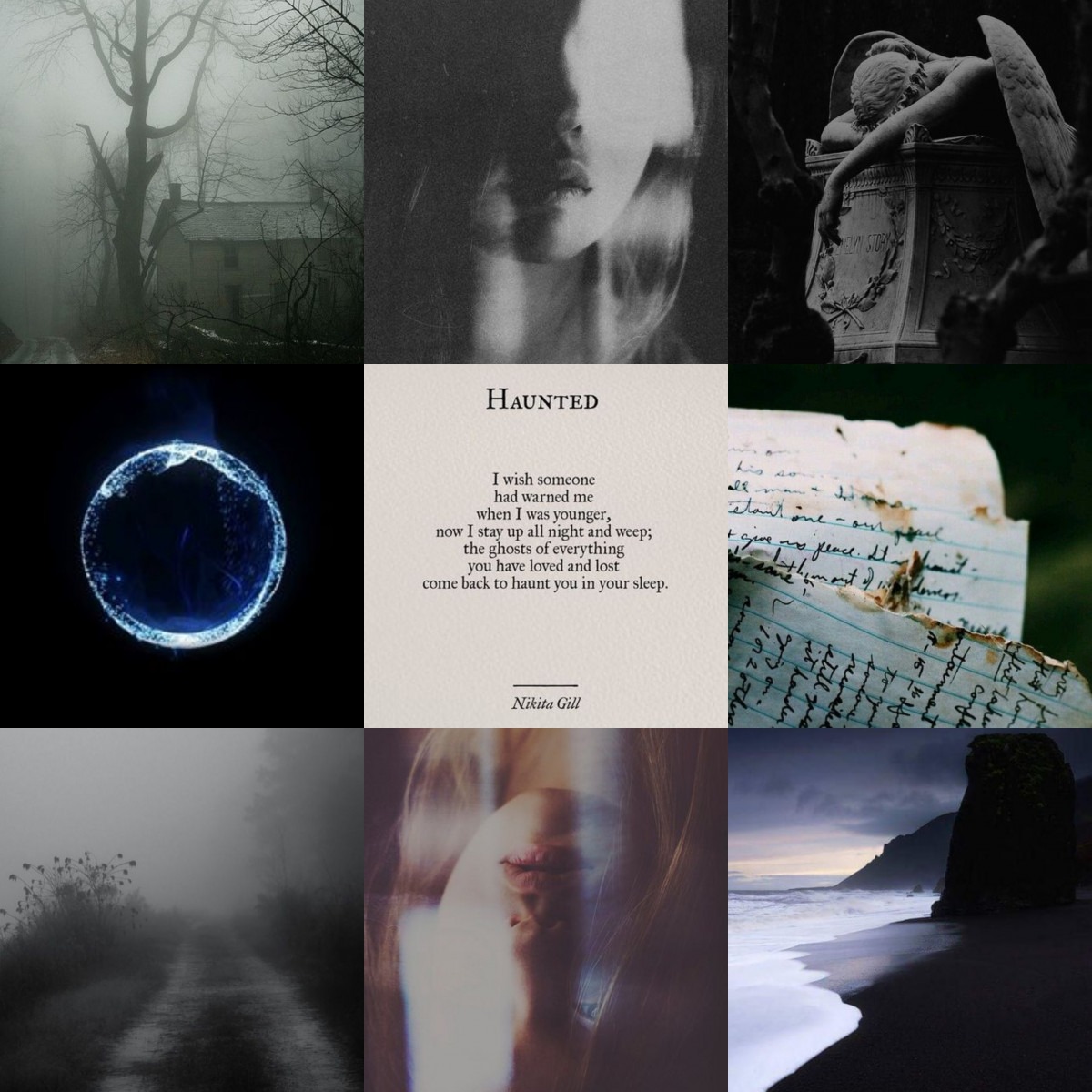Shopping Cart.
No products in the cart.
Hello, Valkyries. And yes, this post is very late. Very, very late indeed! I wish I could say it was me procrastinating, but really, it was a mix of going off the deep end into world-building mode and then wrestingly my inner perfectionistic tyrant who likes to pick at everything. I’ve been writing for years now and I know the self-edit phase is probably my worst. It’s not that I suck at editing (I mean, I am an editor) but there’s usually not enough time or distance between me and the project to edit without falling into the deep end. This is especially true when I’m stressed and I become extremely obsessed with every single detail. I once rewrote the same paragraph 57 times kind of obsessed. Not a word changed in that draft. Not one.
Anyways, I fell down a little rabbit hole of research and painful perfectionism, but at last, I’ve regained control of the command center (my brain) and have this version to present. Most of the edits I did this week involved fleshing out the first section with world details and some characterization. It’s still not where I’d like it to be, but I’m happy with how I ended it section one (The Janus Project). I’ve also added to what Asra’s affliction is (in terms of her experience with it) and edited some of the descriptions to be shorter and clearer. Whenever I pants a project, it takes me several drafts to even get the plot kinks sorted. So I’m a little okay this is still a hot mess (okay, not really) and I’m looking forward to sitting down a really digging into this project post WIM.
I don’t want to go into everything I did too much (this is already late enough as it is), but I wanted to at least review (briefly) how much of a train wreck this week was (oh gods, no pun intended).

The causes of death on the state-issued certificates gently floated along the tinted hologlass walls, staring down at Asra with permanent conviction:
Xu Heng, 32, Inconsolable sorrow after absorbing displaced emotions.
Torin Thallos, 17, An uncontrollable desire to be full.
Lucho Gálvez, 23, The belief that nothing–including oneself–exists.
Ella Walsh, 47, A longing for things that cannot be named.
Lorne Thale, 50, Fell Hopelessly In Love With Annihilation.
Ian Ito, 38, Hysterical fear of drowning in air.
Every forty seconds, the certificates flickered out of existence, new ones appeared, and this cycle repeated. A discreet tally of the day’s successful journeys to Oblivion tick, tick, ticked like a 24-hour clock: 66, 000. 70,200. 82,350. 93,800.
“It’s a painless, peaceful process.”
The office door hissed open and the Caseworker shuffled in. He gave Asra a reassuring smile, gray eyes shining with plastic empathy through crooked frames. “Are they all…have they chosen to…” Die. Asra glanced down at the pamphlet in front of her, which she’d read countless times in her year of therapy leading up to the her decision. It was a requirement to know all the options available, even if one couldn’t afford them.
Or, in her case, want them.
“They chose Oblivion.” As if rehearsed to a habit, the Caseworker reached out to console her with a light squeeze of a gloved hand. This, too, Asra was familiar with; she’ had three Caseworkers before this, but they all behaved the same: a pitying smile here, a kind hand there, voice never above what was considered appropriate for a funeral. Asra slipped her hands off the table and into her lap, trying not to look at the slash of scars across her fingers. The Caseworker said nothing as he pulled up her chart and settled into his seat. A clinical silence hung between them.
Somewhere down the hall, whimpering began. A tea kettle whistled. A cheerful voice called for the head psychiatrist over the speakers. The Caseworker’s fingers taped against his tablet. The hologlass tick, tick, ticked with new certificates. Shifting in her chair–one of those hard, plastic ones bolded to the floor–Asra tried not to interact with her surroundings, but there was nothing else to do except take it in one last time: the glass box of an office, walls of frosted hologlass and floors of snowy quartz. Everything was bleached with the brightness of the UV lights overhead. Absently, she pushed the darkened shades she wore up the bridge of her nose and pulled the hood of her jacket over her forehead. The offices were always kept at a constant 59 degrees. She’d never thought to ask why.
At last, her gaze settled on the man across the desk. Like all Oblivion Caseworkers, or OCs as everyone generally called them, he wore the standard lapis lazuli colored tunic that covered him from neck to ankles. An inverted triangular insignia sat snug against his adam’s apple, shifting everytime he swallowed, which wasn’t often. The name tag on his chest said Julian, and she wondered, doubted, whether that was even his real name. The OCs all looked freakishly similar, almost like priests.Except priests don’t usually help people die.
She cleared her throat. It was a harsh sound in the manufactured silence of the office. Those silver scars on her hands seemed to gleam in the lighting.
“How long will it take?”
“Less than the time you’ve been suffering.” Julian’s smile grew softer, more pitiful. “The Janus Project prides itself on providing only the most compassionate state-issued Oblivion in the country. It will only take as long as you need it to. You’ll be transported to the doorway at –” he checked the location on his tablet “–the Howlan House. It’s as close to the site of the accident we can get you. Everything you need is already there, including the funeral materials, and alternative pathways, should you want them.”
“I don’t.”
“It’s there if you do.”
“There’s no point to it.”
The words left her as an exhausted exhale . She waited for the anxiety the pamphlets warned her of, for the stirrings of pangs regret or second thoughts, but as always, she felt nothing. Even as she touched the tablet the Caseworker slid across the table to her, she felt neither the warmth of where his hands had been nor the coldness of the glass, which reflected back an unfocused glimpse of her cheerless, pale face and muted green eyes. She couldn’t be sure because she couldn’t see her own face anymore; it was diluted with their images–a jagged collage of features that belong to other versions of herself living in alternate worlds.
And so she felt nothing of herself.
Sensed nothing of this world.
Remembered nothing of her life.
Nothing except that day, but she didn’t want the memory.
“Given your….situation….we want you to be as comfortable as possible. When you’re ready for Oblivion, it will embrace you. You will find peace, Asra.”The Caseworker indicated to the tinted walls and nodded at the tablet. “Shall we announce it?”
She pulled the tablet closer and froze, a hollowness burrowing deep into her chest. A thumb brushed the photo of a house in atwilight-kissed field, mountains like black shadows hovering in the distance. She wondered if she once would have thought it was beautiful with fireflies drifting up like falling stars in reverse. She couldn’t see the suspended railway of the old Muika train line, but it was there.
“It was as close we could get you.”
A memory skipped across her mind–a kaleidoscope of twisted metal, the snap of bones against water, putrid smoke–before it faded back into the shoebox she’d buried it in. She blinked, waiting for a voice of reason to echo, to say live, live, live. But nothing came. Nothing but a wetness sliding over her chilled cheeks, dropping in time with the relentless tick, tick, ticks of the walls, and onto the glass tomb housing her death certificate:
Asra Aeilstrom, 26, Fractured, Irreparable feeling of being out of place & time.
That’s everything I self-edited this week, Valkyries. It doesn’t seem like much in hindsight, but I added about 400ish words and removed a few purple lines. I spent most of my time trying to understand Asra and where she *doesn’t* fit into this world. It’s hard enough to write about suicide and depression under normal circumstances, but given how close this piece hits to home and the atmosphere of the world, it was more difficult. I kept wanting to find a sliver of hope to stuff into Asra’s pocket or a way to talk her own of the decision. At the same time, I kept reminding myself to let the character feel this out on their own. Afterall, Asra isn’t me anymore than she is one of her alternatives. There was alot of sitting down and exploring her history, her life–not just the events, but the feelings, the baggage, the lies, the wounds…
The Howlan House chapter will give a brief glimpse of that one place in time that shattered Asra’s world–literally–as she prepares to end her life. It might jump around, like our memories do as we get older, but I’m hoping the palpable thread of her trying to find a way to reclaim herself (even through death) is consistent. On a darker note: If you plan to keep reading Five Glass Flowers, know I have no intention of making this easy. I don’t want a story that is clear, steady, or wholly rational, because when you’ve been swallowed whole by the depths of mental health, sometimes the only way through is out. Sometimes it’s like everyone is waiting for another you –the “real” you — to come back. We find it painful to acknowledge how someone we deeply know and care for could suffer so much without making a sound. And so, I wanted to explore the full extend of these feelings, even suicidal ones. I’m not saying we should encourage that; rather…I wish more people understood that. I wish people listened more to what others don’t say. Won’t say. Can’t say.
*deep breaths* Okay, now that I’ve totally took this in a gothic direction, let’s wrap it up.

I wasn’t able to write much under this section. You’re totally not obligated to read this part as it goes over the word count, but here’s the jarbled first draft mess of section two:
The Janus Project required every applicant to undergo a year of therapy prior to state-assisted Oblivion. In the early months, ⅓ of applicants dropped the program. Asra wondered if it was because they realized how badly they wanted to live–or if having to relive the traumatic events that led to their afflictions drove them out in fear. Her first time in a Memorium session, she’d blacked out less than ten minutes in and woke with a torn vocal cord; she’d been screaming in pain the entire time she was out while the Caseworkers recorded every thought, every image, every sensation that ripped through her.
It wasn’t until the 15th time that Asra could stay awake for the entire session. She gazed into the cracked obsidian ceiling and recounted November the 20th. Tell us again how it happened, the Caseworkers would say as they wired her into machines and monitored her vitals. And she numbly recited the broken memory….